Mohsen Bahrami
The Journey of a Multifaceted Iranian Artist
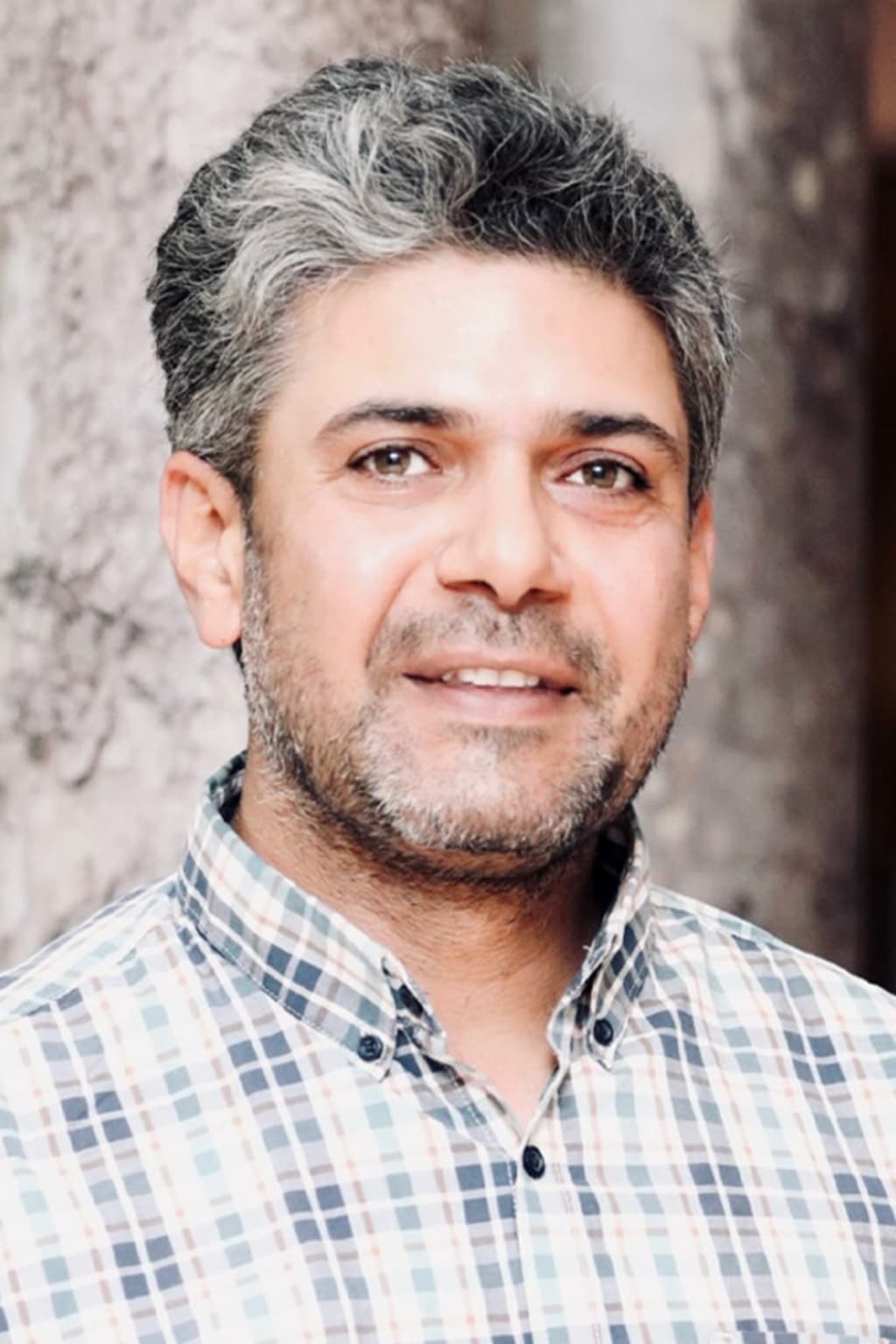
Mohsen Bahrami, a luminary in the realm of Iranian entertainment, has carved an indelible mark across theater, television, cinema, and voice acting. Born on March 25, 1982, in Tehran, Bahrami's journey from his formative years to his current stature as a celebrated actor, presenter, and voice artist is a testament to his unparalleled talent and dedication to his craft.

Bahrami's career trajectory began with a firm foundation in acting, nurtured by his education at a high school specializing in the arts. His early breakthrough came in 1994 with the television series "Friend's Footprint," marking the inception of what would evolve into a multifaceted career spanning over two decades. However, it was his transformative performance in the theater production "Lost," directed by Farhad Aslani in 2001, that propelled him into the spotlight of the Iranian entertainment scene.
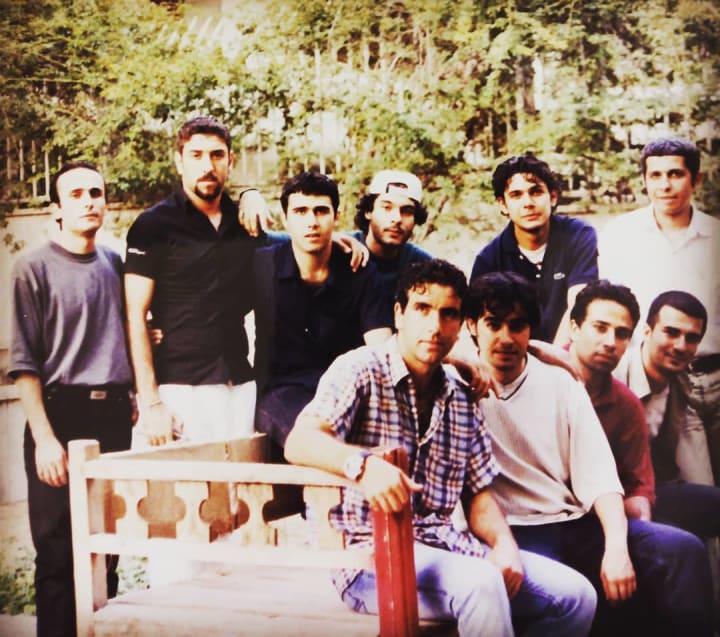
Throughout his illustrious career in theater, Bahrami has continually captivated audiences with his compelling portrayals of diverse characters. From classics like "The Cherry Orchard" directed by Akbar Zanjanpour to contemporary works like "Molly Sweeney" and "The House is Closed" helmed by Shima Farahmand, Bahrami's versatility shines through in each performance. His ability to breathe life into characters with depth and authenticity has earned him acclaim as one of Iran's foremost theater actors.
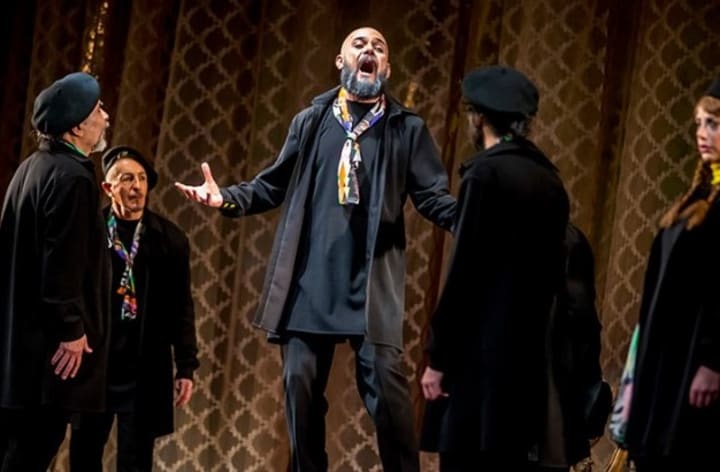
In television, Bahrami's presence is equally commanding, with notable appearances in a myriad of series and telefilms. From the critically acclaimed "City Lights" directed by Masoud Keramati to the gripping drama of "Shahrag" under the direction of Seyyed Jalal Ashkezari, Bahrami's range as an actor is on full display. His commitment to excellence and his penchant for delving into the complexities of his characters have garnered him a devoted following among television audiences.
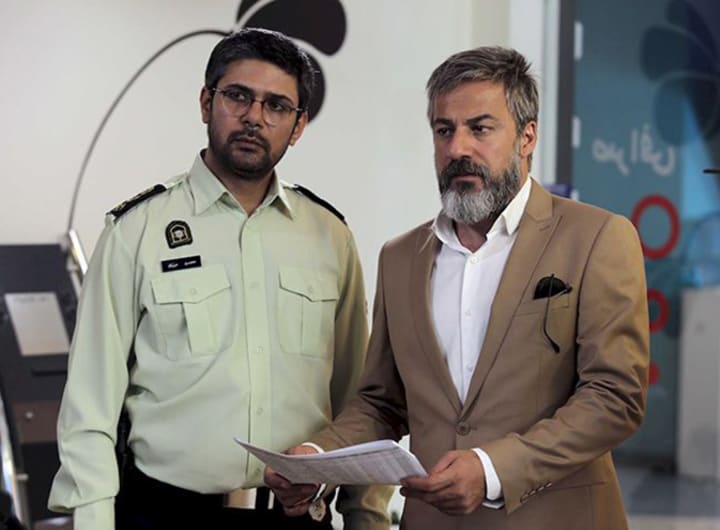
Beyond the realms of theater and television, Bahrami has made significant contributions to cinema, voice acting, radio, and streaming media. His portrayal of Abbas Bin Ali in the film "Hussein Who Said No" directed by Ahmad Reza Darvish showcased his ability to convey emotion and depth through voice alone. Additionally, his involvement in radio dramas, audiobooks, and streaming media productions further exemplifies his versatility as a performer.
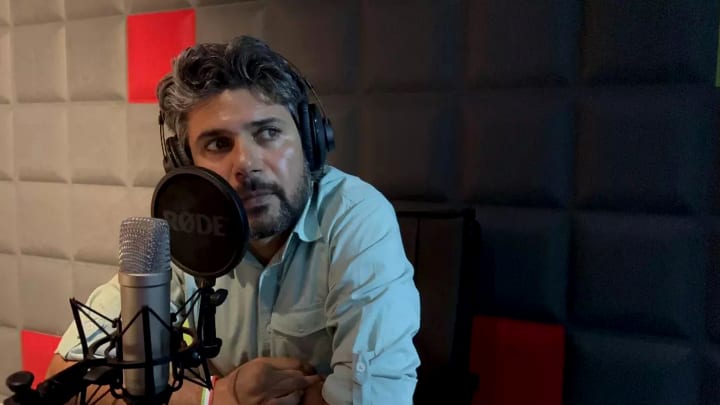
One of Bahrami's most commendable attributes is his unwavering commitment to promoting cultural and artistic initiatives. His collaboration with the "Sevina Group," dedicated to providing cultural and artistic experiences for the blind, exemplifies his dedication to using his platform for positive impact. Furthermore, his involvement in programs like "Barge Aval," which promotes literacy and reading, underscores his belief in the transformative power of the arts.
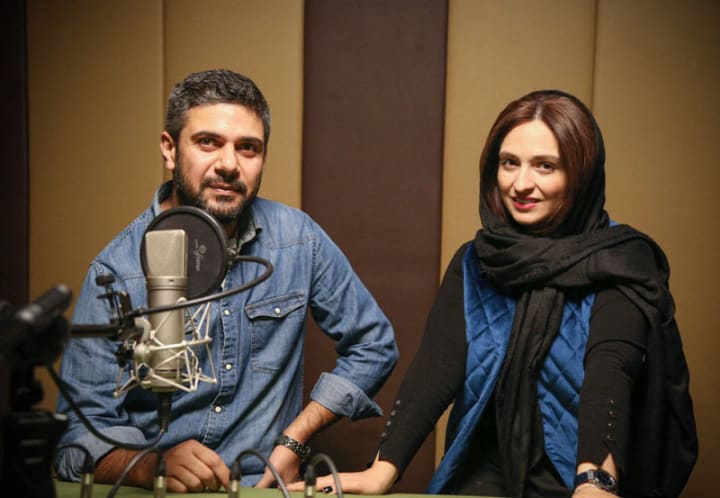
In recognition of his outstanding contributions to the arts, Bahrami has received numerous accolades and awards throughout his career. From receiving the statue of the first male actor in the radio drama section of the Student Theater Festival to being honored at the Children's Book Council for his narration of the Sherlock Holmes book, Bahrami's achievements serve as a testament to his enduring legacy in Iranian entertainment.
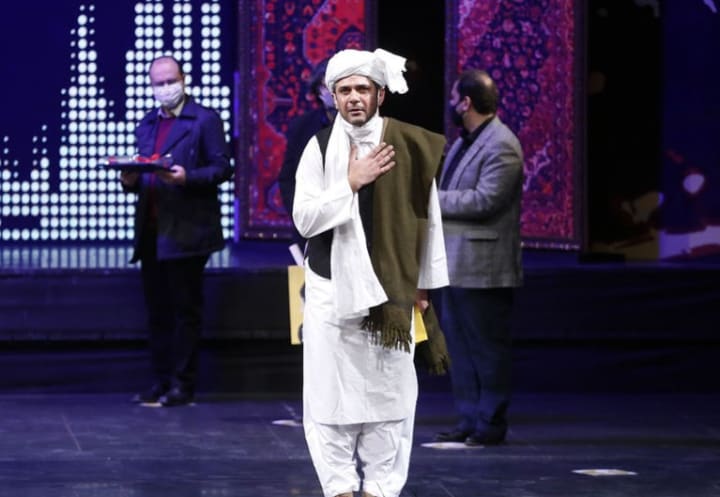
In conclusion, Mohsen Bahrami's illustrious career is a testament to his unparalleled talent, versatility, and dedication to the arts. From his commanding performances on stage and screen to his advocacy for cultural initiatives, Bahrami's impact on Iranian entertainment is immeasurable. As he continues to captivate audiences with his dynamic performances, Bahrami remains a shining beacon in the landscape of global cinema and theater.
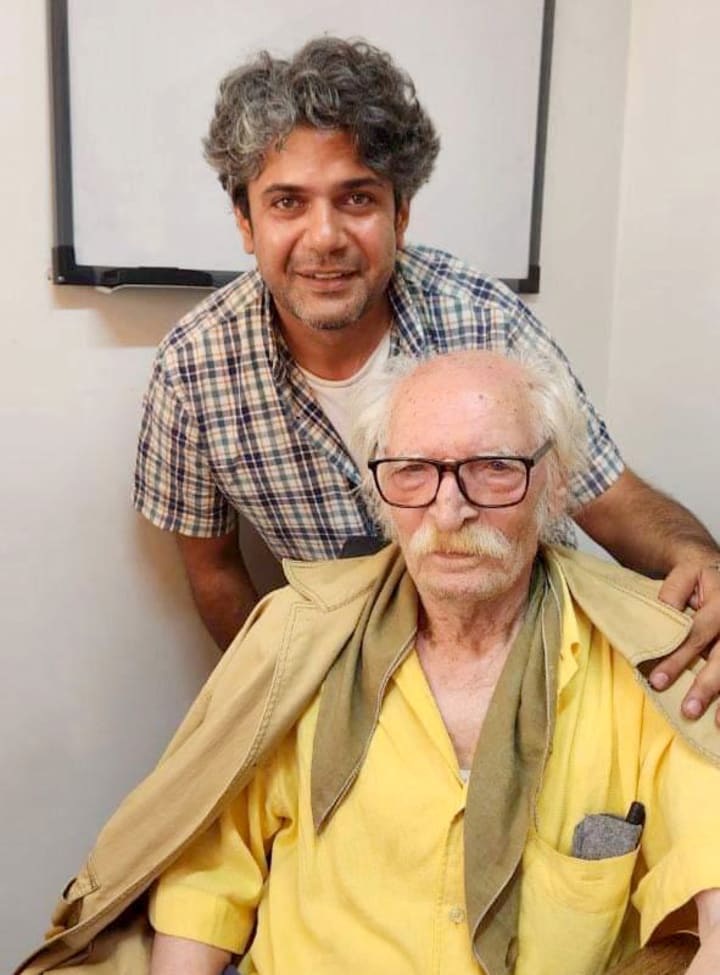
Mohsen Bahrami's involvement in the audio adaptation of Mahmoud Dowlatabadi's epic masterpiece, "Kelidar," stands as a testament to his prowess as a voice artist and his dedication to bringing rich literary works to life in new and captivating ways.
"Kelidar," a sprawling saga set against the backdrop of Iran's tumultuous history, is widely regarded as one of the most significant works of Persian literature in recent decades. Dowlatabadi's masterful storytelling weaves together the lives of the inhabitants of the fictional village of Kelidar, offering a panoramic view of Iranian society and culture.
Bahrami's portrayal of Gol Mohammad, one of the central characters in "Kelidar," is nothing short of extraordinary. Through his nuanced performance, Bahrami breathes life into Gol Mohammad's journey, capturing the character's struggles, triumphs, and innermost thoughts with depth and authenticity. His ability to convey the intricacies of Gol Mohammad's emotions, from joy to sorrow to resilience, demonstrates a profound understanding of the character and the story's themes.
What sets Bahrami's narration of "Kelidar" apart is his unwavering commitment to preserving the integrity of Dowlatabadi's prose while imbuing it with his own unique flair. Each word is delivered with precision and care, allowing listeners to immerse themselves fully in the rich tapestry of the narrative. Bahrami's voice, at once commanding and evocative, transports listeners to the heart of Kelidar, where they become deeply invested in the lives of its inhabitants.
Beyond his performance, Bahrami's involvement in the audio adaptation of "Kelidar" underscores the enduring relevance of Dowlatabadi's work in contemporary society. As Iran grapples with its complex history and uncertain future, "Kelidar" serves as a poignant reminder of the resilience of the human spirit and the power of storytelling to transcend cultural and political boundaries.
Moreover, Bahrami's dedication to promoting Persian literature and culture through projects like "Kelidar" is commendable. By making Dowlatabadi's masterpiece accessible to a wider audience through the medium of audio, Bahrami ensures that the legacy of Iranian literature continues to thrive and inspire future generations.
In conclusion, Mohsen Bahrami's narration of "Kelidar" is a triumph of storytelling, showcasing his remarkable talent as a voice artist and his deep reverence for Persian literature. Through his captivating performance, Bahrami invites listeners on an unforgettable journey through the world of "Kelidar," where they are transported to a place of beauty, tragedy, and ultimately, hope.
About the Creator
Enjoyed the story? Support the Creator.
Subscribe for free to receive all their stories in your feed. You could also pledge your support or give them a one-off tip, letting them know you appreciate their work.





Comments
There are no comments for this story
Be the first to respond and start the conversation.